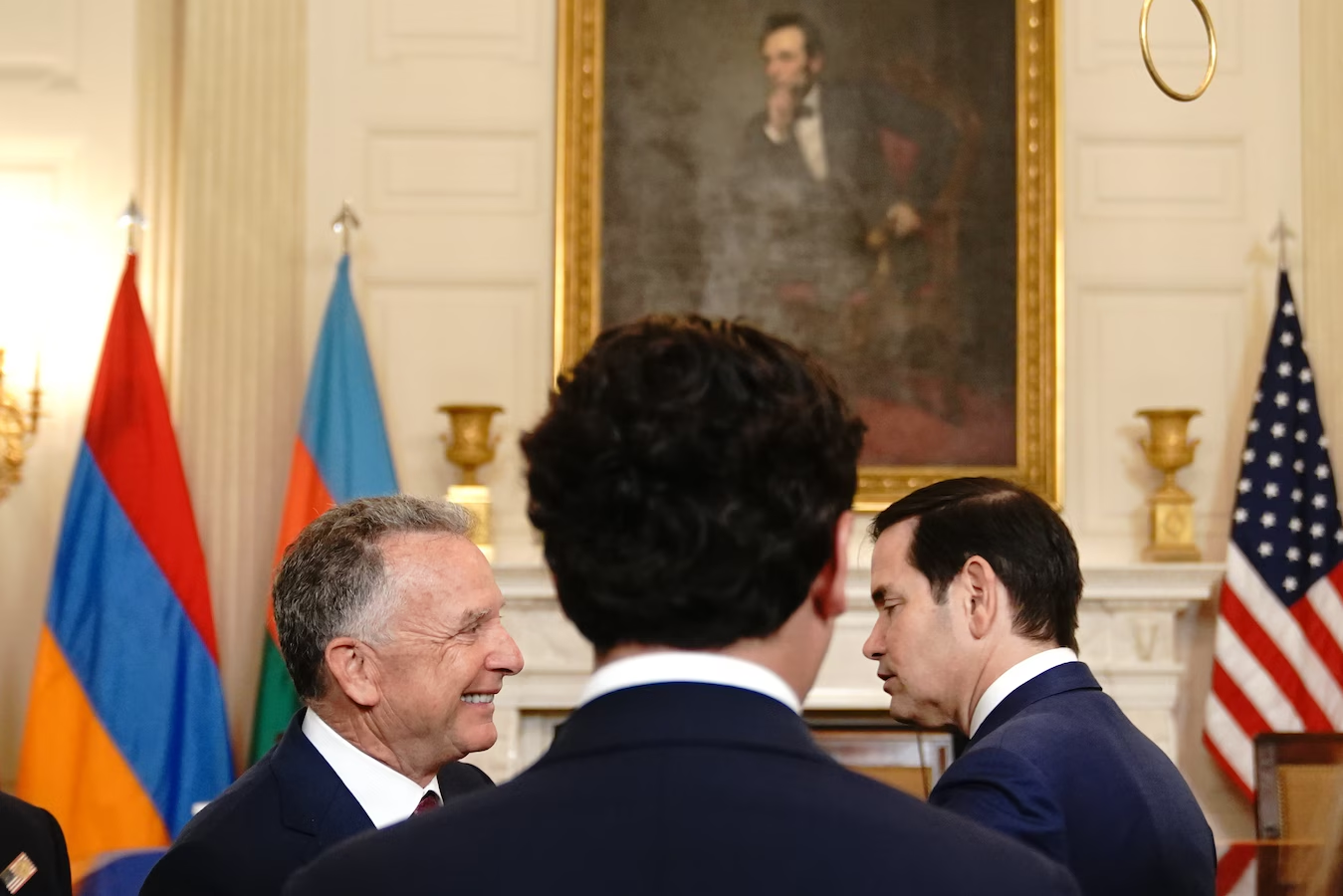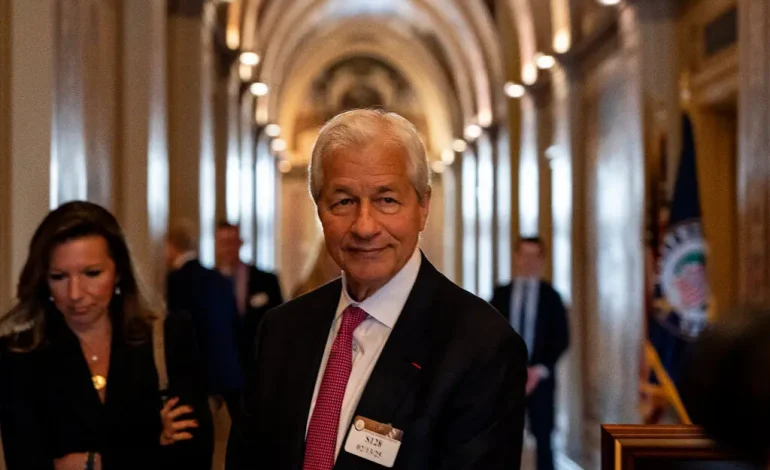In his annual letter to shareholders, JPMorgan Chase CEO Jamie Dimon warned that recently announced tariffs could contribute to rising inflation and economic slowdown.
His remarks come amid heightened market volatility and growing concerns about the potential long-term effects of trade policy decisions.
Dimon emphasized that the tariffs could lead to higher costs not only for imported goods but also for domestic products, as companies face increased input expenses. He noted that inflation had already been a concern prior to the tariff announcement, given factors such as fiscal deficits and infrastructure spending needs. The new trade measures, he suggested, could amplify these pressures.
“The recent tariffs will likely increase inflation and are causing many to consider a greater probability of a recession,” Dimon wrote.
The letter reflects broader anxieties among business leaders about how trade tensions may impact consumer and investor confidence. Some companies that had initially supported the trade measures are now expressing concerns about the potential economic consequences.
Dimon also highlighted the risk of retaliation from other countries, pointing to China’s recent counter-tariffs as an example. He warned that if the US becomes a less attractive destination for investment, the dollar’s global standing could be affected.
“If America, for whatever reason, becomes a less-attractive investment destination, the US dollar and the economy could suffer if foreigners sold their US assets,” he stated.
Despite these concerns, Dimon reassured investors that JPMorgan Chase was positioned to handle market fluctuations. However, he expressed doubt about the broader economic outlook, citing ongoing geopolitical uncertainties and financial market instability.
“Markets still seem to be pricing assets with the assumption that we will continue to have a fairly soft landing,” he said. “I am not so sure.”
Dimon also warned that the tariffs could have lasting consequences, particularly if they lead to weakened global alliances. He urged a swift resolution to the trade disputes, noting that prolonged uncertainty could be difficult to reverse.
“The quicker this issue is resolved, the better because some of the negative effects increase cumulatively over time and would be hard to reverse,” he wrote.
His comments come as financial markets experience significant volatility, with investors reacting sharply to trade policy developments. In recent days, reports of potential tariff delays briefly drove stock markets higher, only for those gains to be erased when the White House dismissed the speculation.
While acknowledging that concerns over trade practices—especially those involving China—are legitimate, Dimon cautioned that an overly aggressive approach could harm both the US economy and its global position.
“America First is fine, as long as it doesn’t end up being America alone,” he concluded.
The New York Times, the Guardian, CNN, and CNBC contributed to this report.










The latest news in your social feeds
Subscribe to our social media platforms to stay tuned